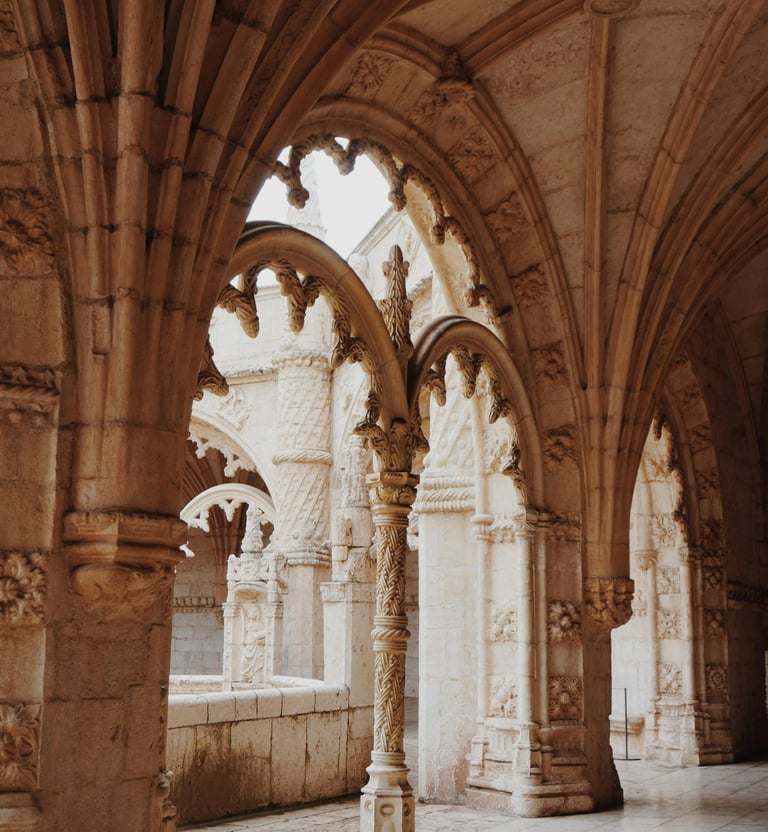
Why join a Classical Christian School?
Biblical
We try to teach the students in the light of the gospel, shaping their love, actions, and desires as well as their minds unto Christ. Training faithful followers of Christ.
Classical
We draw from centuries of Christian learning, shaping students into thoughtful leaders. We train students to think Biblically, speak persuasively and to defend their faith confidently.
We aim to be vibrant communities of adult and students learners who are united by a shared passion for truth, goodness, and beauty. By learning alongside fellow believers, students build a strong, supportive community that strengthens the broader family-school-church network.
Communal
Restful
We embrace restful learning which fosters contemplation, conversation and reflection. This is also known as scholé, a classical Greek concept. Unlike modern education, it emphasizes deep, enjoyable, and anxiety-free learning. We want to implement this thoughtful and meaningful educational approach.
We have a great flexibility to offer, since we want to keep small group settings with maximum amount of attention to the students, and focus on the key areas of study.
Flexible
Affordable
We operate with minimal overhead costs and rely on generous donor support. Our goal is to remain affordable and accessible to families across a wide range of incomes.
Differences between us and a state school
When choosing for Augustine Classical School, you make a choice for Classical Christian Education (CCE).
There are at least seven significant differences between state schools (based on Progressive Education) and Classical Christian Education.
View of the Student
Progressive Education is heavily child-centered, emphasizing the child's desires, interests, and choices—even when the child lacks the wisdom to make sound decisions. CCE, in contrast, views the child as an eternal soul to be formed through wisdom, discipline, and exposure to what they don’t yet know they need.
Purpose of Education
Progressive Education aims to create efficient, productive workers for the state and economy, often neglecting moral and spiritual development. CCE seeks to cultivate the whole person—intellectually, morally, and spiritually—with the goal of forming virtuous, wise individuals.
Curriculum Focus
Progressive Education follows a utilitarian, often fragmented curriculum shaped by ideology, job-market demands, and relativism, prioritizing newness over timelessness. CCE focuses on the unity and harmony of knowledge through the liberal arts and classical texts, valuing historical wisdom as well as truth, goodness, and beauty.


Role of the Teacher
In Progressive Education, the teacher often functions as an entertainer or facilitator, avoiding claims to truth or moral authority. In CCE, the teacher is a moral guide and intellectual mentor, upholding objective truth and encouraging students toward intellectual and moral maturity.
Cultural and Religious Context
State schools typically adopt a secular, relativistic worldview and often sideline or mask religious and philosophical foundations with modern ideology. CCE embraces the role of religion and tradition in shaping education, recognizing the moral and cultural impact of faith in the pursuit of truth.
Educational Methods and Environment
Progressive Education relies on experimental pedagogies, technology, and popular culture, often valuing form over substance (e.g., trendy buildings, entertainment-based classes). CCE favors time-tested methods—reading, writing, discussion, contemplation—within environments that cultivate reverence, order, and reflection.
Vision of Success
Progressive Education measures success by grades, degrees, credentials, and employment outcomes. CCE measures success by the development of wisdom, virtue, and the ability to lead and serve thoughtfully in society, regardless of profession.


We are looking for passionate families and teachers
"The love of knowledge and truth should invite us to continue learning. The love of others should compel us to teach."
~ Augustine of Hippo ~
CONTACT
would you like to receive updates?
Phone or Whatsapp: 07438 474306
© 2025-2026. All rights reserved.




